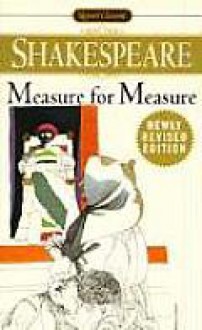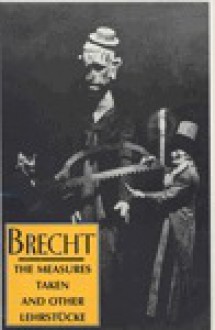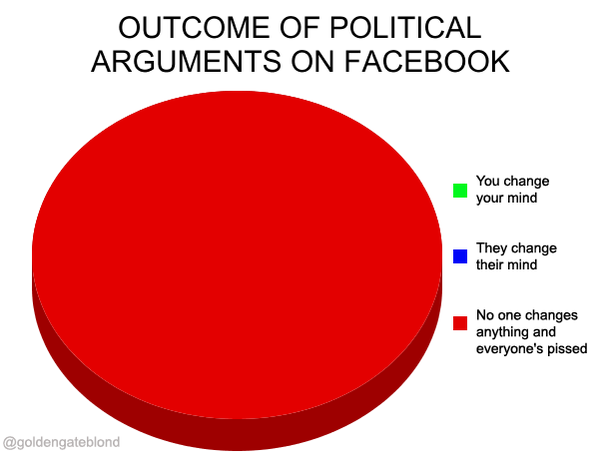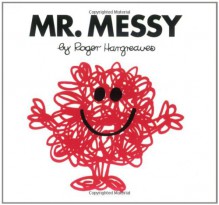
Thanks to NetGalley and John Hunt/Zero Books for providing me an ARC copy of this novel that I freely chose to review.
I’ve seen this book described as a cautionary tale (that it is), although it also reminded me of the morality plays of old (or even Hogarth’s series A Harlot’s Progress and A Rake’s Progress, their pictorial equivalent), where you have a character that does not learn from life’s lessons and at each step of the way makes the wrong decision, setting the course of his/her life into a downward spiral that the protagonists seem unwilling and/or unable to stop. This novel (although based or inspired on a real case it is a novel nonetheless) is set in modern times (although the time, like many other details are not specified), and therefore, the choice of vices is slightly different, but not by much. Yes, Caish, the protagonist, loves expensive cars (there were no cars in Hogarth’s time, but there would have been expensive houses, carriages,…), some of the drugs and illnesses the character falls for are relatively new, and the fact that the character keeps checking social media is also a novelty, but that’s a change in setting, rather than the spirit of the piece and its message.
As I have mentioned, the author keeps some details vague. Is Caish a man or a woman? (According to what I’ve read, the lottery winner the novel is based on is a male). Much is made, at the beginning of this long book (yes, it is quite long and much of the content feels repetitive, because the main character is self-obsessed and obsessed with money, possessions and social status, and the story is narrated in the first-person, so we get a lot of that) of the fact that people keep getting the name wrong (Cash, of course, but other combinations of sounds as well), although at some point Caish has other problems and things to worry about and stops correcting people’s pronunciation. I assumed, at first, the character was male (the way of talking, the hobbies and some of the behaviours seemed quite typical, at least of male characters in books), then at some point I became convinced the character was a woman, and finally, I thought that the author left it intentionally vague, perhaps to show that it could happen to anybody and everybody, and rather than making readers think that what happens is the fault of a particular character, we should conclude that huge amounts of money that come too easy to somebody can destroy them (in fact, Caish is not the only one in the book to suffer a similar fate).
Caish is self-centred, egotistical, vain, selfish, big-headed, rush, lacking in any kind of insight, has no self-control, no common-sense, and no redeeming features. We do get to know a bit some members of his/her family, but there is no depth to the character, and despite the way things go, Caish never learns anything. As I have mentioned, the story is told in the first-person, and being inside of the character’s head is not comfortable. There are hilarious moments (because the character’s behaviour is so extreme that it’s a bit like watching a person tripping over the same obstacle or slipping on the same banana skin over and over), there are turns of phrase that are very funny, and the way the character misconstrues everything and insists on talking about statistics and claiming to being an authority on all kinds of things s/he knows nothing about is hilarious (and yes, it does bring to mind some people in authority as well). If we stop and think, it is terribly sad as well, not so much what happens to the character (for somebody who loves the lottery so much, Caish should know that there are chances we shouldn’t take), but the destruction s/he spreads around, that of course, is never his/her fault, is appalling, and, worse still, s/he never has a kind thought for anybody else. If you are looking for a novel where you can empathise with the main character, this is not it. There is nothing likeable about Caish, other than some wit, but…
One of the things that bothered me as I read the novel was the fact that the character seemed quite articulate (if not well-informed or truly literate) when commenting on things, but the few times when Caish quoted her own conversations with others, s/he could hardly string a sentence together. In fact, most of the characters seem to speak in the same way, at least if we are to judge by the quoted conversations we read (it could be a problem of reporting the dialogue, evidently), no matter who they are, their different backgrounds or circumstances. Then, towards the end of the book, Caish comes upon a new scheme to make money — writing a memoir/life-story— and then we learn that s/he gets some assistance with editing. That could explain the different registers, although it undermines somewhat the whole of the story. Is the character truly as awful as s/he appears to be or is it an exaggeration introduced by the editor? Oh, well… If you read it, you can make your own mind up.
By the way, at the end of the book there are a number of documents included: what seems to be the results of the toxicology report and the medical reports following the discovery of a dead body at a motel. All the details fit in with the story and are realistic, down to blacking out the specific details, but I am not sure if they are real or not or whom they belong to.
I thought I’d share a few jewels from the book with you:
When I’m making money again, I think I’ll hire a butler. I have a small house staff, but they mostly just clean. What I need is somebody who can go get my Zippo when I leave it inside. Seems like the type of job for a butler. And if I’m buying a butler, I might as well buy a Batmobile too. No halfmeasures.
The standard of living around the world is higher now than ever before. Just check Facebook for proof of that.
Would I recommend this book? Well, you’ll know from the very beginning where the book is headed, and although there are some surprises in the way, these are mostly small details that don’t derail the story from its course. The novel depicts scenes of drug use (in plenty of detail, including how to go about getting scripts for painkillers, for example), sex (this not graphically or in any detail), homelessness, and a variety of crimes (including arson). There is always a fine line with these kinds of books between sharing enough of the behaviours to put people off and not making them too attractive or too easy to copy. Yes, I know it’s very easy to find information on all those subjects nowadays, but I thought I’d warn you. As I said, if you want to find a character to root for or to empathise with, this is not your book. There are also some issues of consistency that are, possibly, explained towards the end of the novel, but I am sure that the choices the author makes and the style chosen to tell the story will not work for everybody and might put some people off, so do check a sample before making a decision.
Personally, I laughed reading it (yes, I have a pretty dark sense of humour), I was appalled most of the time, and although I knew (more or less) how it would end, I couldn’t stop reading, but I’d recommend caution as some of the topics and the blasé attitude of the character towards them can be upsetting to readers personally affected by them. I’ll be curious to see what the author writes next. And, I will carry on not buying lottery tickets.

 Log in with Facebook
Log in with Facebook 













